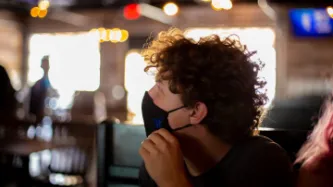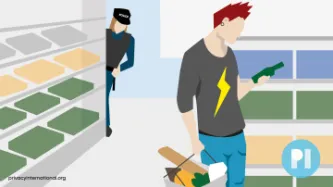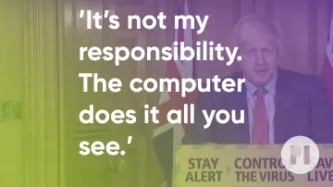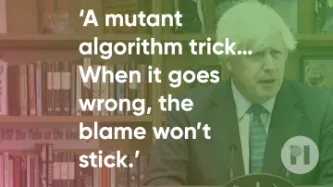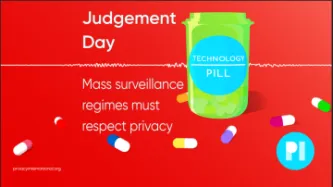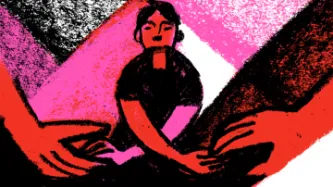Search
Content type: News & Analysis
Content type: Press release
Content type: Examples
Content type: Examples
Content type: Examples
Content type: Long Read
Content type: Long Read
Q&A: EU's top court rules that UK, French and Belgian mass surveillance regimes must respect privacy
Content type: Press release
Content type: Examples
Content type: Examples
Content type: Examples
Content type: Examples
Content type: Examples
